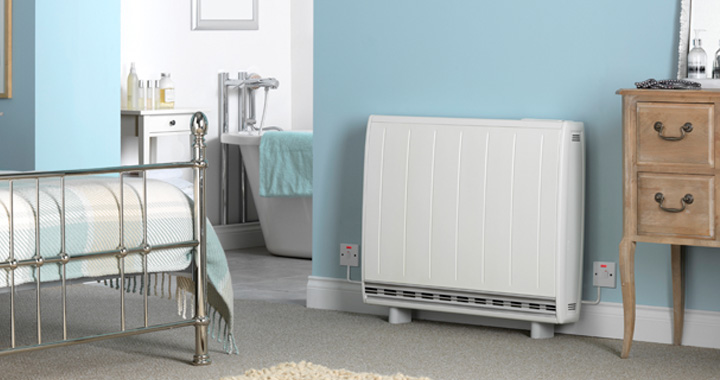Pros and Cons of Different Types of Home Heating Systems
When shopping for a home heating system, many people consider the pricing, availability of energy sources used, and energy efficiency. Home heating systems use natural gas, wood pellets, or electricity. In some areas of the world, they can use different fuel types also, which can mean they get the advantage of fuel delivery services from the likes of the Bonded Oil Company and others, meaning their homes will never have to go without heat. There are numerous home heating systems available in the market, and each of them comes with its benefits and limitations. Before you decide which home heating system is suitable for you, you have to consider each type’s strengths and weaknesses so that you choose the most rewarding one. Homeowners are going to need to gather as much information as possible about the best viable option for their heating system within their home, this is where HVAC Talk becomes essential for experts to be aware of, they can use this to help homeowners make the right decision by answering their important questions.

Home Heating Systems – Pros and Cons of Each
The standard home heating systems that you can settle on are:
- Air Ducts and Vents (Forced-Air Systems)
These types of home heating systems feature furnaces that use oil, natural gas, or electricity to heat air and force it through a network of ducts in your home to heat it. Each room is served with vents to ensure that all of them are heated well. There will come a time where they will need to be cleaned and assessed, so companies like https://www.pureairllc.com/ will need to be contacted to get them thoroughly looked over.
Pros:
- They are cheap to install, service and replace
- You heat your home quickly and evenly
- It is a popular heating system in the country
Cons:
- The forced-air systems are not eco-friendly as they use a lot of energy.
- They sometimes cause uneven heating leaving your floor chilly.
- Hot-water/Steam Radiators
Steam radiators as the name suggests utilizes hot water to heat your home. The use of steam in heating is an ancient technology although more new technologies use hot-water heaters. Baseboards and vertical steam or hot-water radiators are more energy efficient.
Pros:
- It is an efficient home-heating technology leading to low energy costs.
- Steam and hot-water radiators are very quiet hence suitable for homes
Cons:
- You will need to replace the baseboard vents if they block, therefore, high maintenance costs.
- Steam and hot-water radiators distribute heat unevenly in your home, and this leads to uneven heating.
- Radiant heat
Radiant-heat flooring is a standard, comfortable and efficient home heating system. This system ensures that there is maximum utilization of heat from the boiler. However, if you haven’t used your boiler over the summer, it would be a good idea to hire Smart Boiler Repair or a similar company to make sure that it works properly. The steam/hot water is channeled through pipes fixed directly into your floor or below the flooring. The floors get heat from the water passing through the pipes which heat the air. The hot air rises and heats the rooms and other objects in them.
Pros:
- It is a versatile home heating solution.
- They are a dust-free and quiet home heating system.
- Heats objects and air within the room leading to even heating
Cons:
- It requires extensive home modifications and boiler installation hence quite expensive to install.
- Slow to warm you home during the first heating in the fall.
- Wood Stoves
Wood stoves are old home heating technologies although most of them have been altered to be more eco-friendly.
Pros:
- Ideal for small homes
- Can be used in boilers to upgrade furnaces
Cons:
- Malfunctioning stoves generate carbon monoxide that is poisonous.
Conclusion
There are different home heating systems that you can install in your home apart from the traditional furnace. Get in touch with us for more information.
